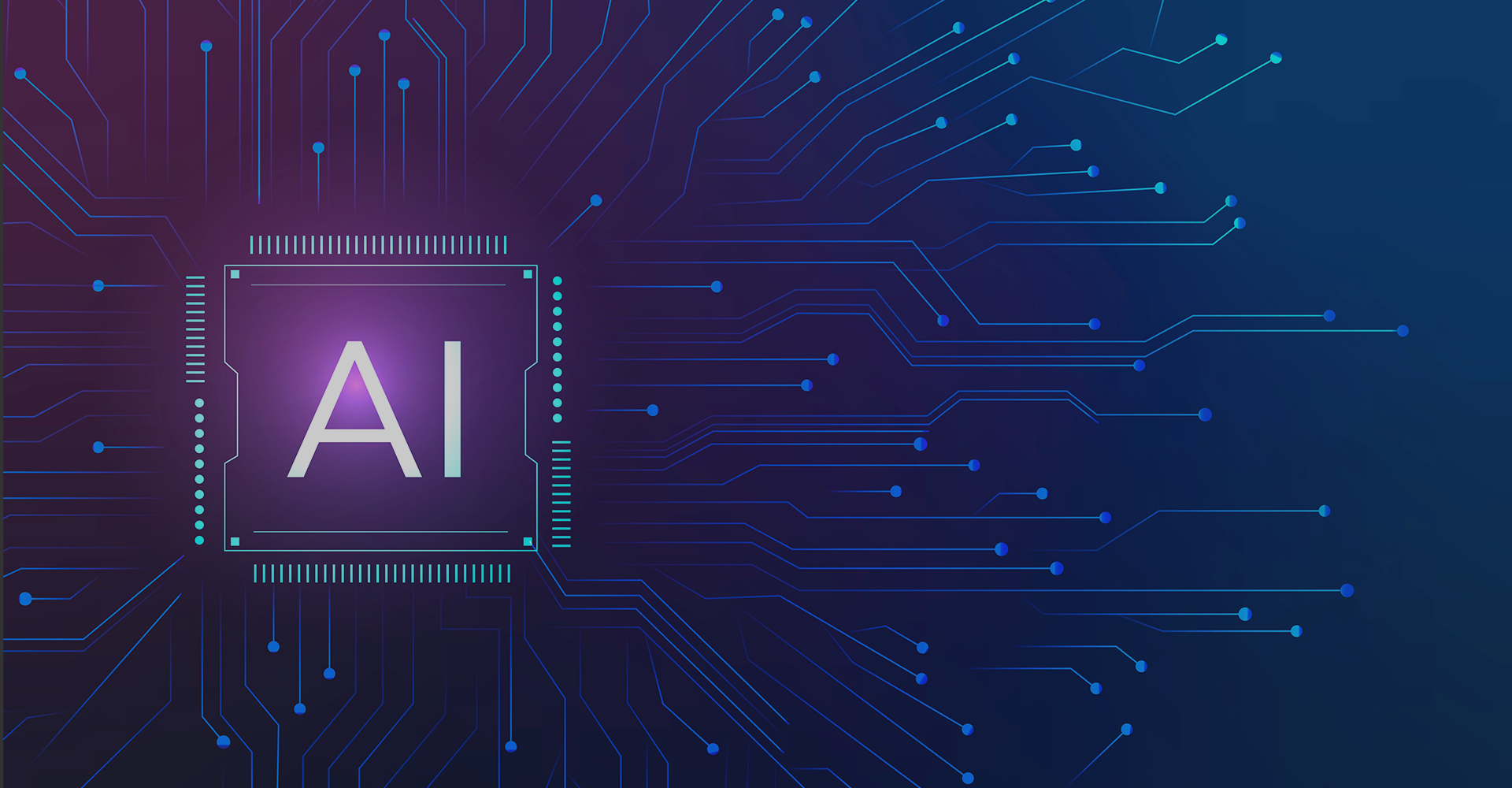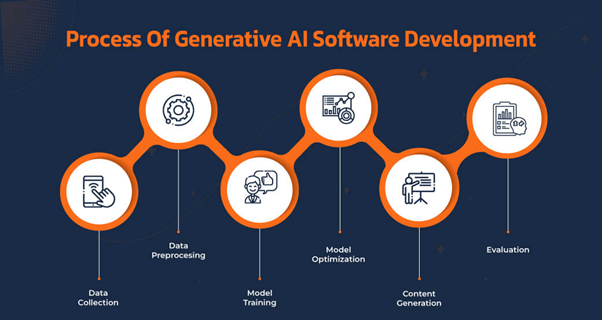
How AI is Revolutionizing Software Development
01.01.2025 By Edso Services Team
Artificial Intelligence (AI) is transforming various industries, and software development is no exception. From automating repetitive tasks to enhancing decision-making processes, AI is reshaping how developers create, test, and deploy applications. Let's explore some key ways AI is revolutionizing software development.
Artificial intelligence (AI) is revolutionizing the software development process by introducing tools and techniques that enhance productivity, accuracy and innovation. From automating code generation to optimizing testing and deployment, AI is reshaping how software is designed, built and maintained.
AI, particularly generative AI (gen AI) and large language models (LLMs), streamline the development cycle by automating key steps, from idea generation and requirement gathering to coding and testing.
Operating in collaboration with human developers, gen AI transforms ideas into requirements. It then converts those requirements into user stories—basic explanations of software features written from the perspective of the end user—and generates test cases, code and documentation. This collaboration speeds up the development process and improves the quality of the final product.
AI has a significant impact on code generation. Machine learning-enabled tools use natural language processing (NLP) to interpret natural language descriptions and produce code suggestions or complete code. This capability accelerates coding, reduces human error and allows developers to focus on more complex and creative tasks rather than boilerplate code.
AI-powered autocompletion and code synthesis further improve productivity by predicting the next lines of code or even generating entire functions. AI tools adapt and evolve by using machine learning models and deep learning techniques, which leads to more efficient coding practices and project outcomes.
Beyond coding, AI technologies enhance debugging and testing. Advanced AI tools can automatically detect bugs, vulnerabilities and inefficiencies and suggest fixes or optimizations. AI-driven testing systems generate adaptive test cases and prioritize the most critical tests, improving software quality and security.
AI helps developers avoid future issues with its ability to predict errors based on historical data. These systems rely on sophisticated machine learning algorithms to continually improve detection and testing methodologies by analyzing metrics gathered from previous issues.

How AI is used in software development
AI offers tools and techniques that enhance efficiency, creativity and the overall development process. Generative AI is driving key advancements by automating tasks and boosting productivity. Key areas where AI is used in software development include:
- Code generation
- Bug detection and fixing
- Testing automation
- Project management
- Documentation
- Refactoring and optimization
- Security enhancement
- DevOps and CI/CD pipelines
- UX design
- Architecture design
Code generation
AI-powered tools assist developers by suggesting code or generating entire functions from natural language inputs, speeding up development by automating routine tasks. Tools such as IBM watsonx Code Assistant™, GitHub Autopilot and GitHub Copilot help developers write code faster and with fewer errors and can generate suggestions and autocomplete code.
- Autocompletion: AI predicts and suggests the next lines of code, improving speed and reducing errors.
- Code synthesis: AI creates boilerplate code or complete functions based on descriptions.
Bug detection and fixing
Gen AI-driven tools can automatically detect bugs, vulnerabilities or inefficiencies in the code. They analyze patterns within the codebase and offer solutions.
- Error prediction: AI analyzes patterns to anticipate future bugs.
- Automated debugging: AI suggests or autocorrects code issues by using real-time data to refine prototypes.
Testing automation
AI tools generate test cases from user stories and optimize tests, which reduces manual testing time and increases coverage.
- Test case generation: AI covers more scenarios than manual testing.
- Test optimization: AI prioritizes critical tests to save time and resources.
Project management
AI automates scheduling and resource management and provides accurate timelines.
- Task automation: AI handles routine project management tasks.
- Time estimation: AI analyzes historical data to offer precise project timelines and improves resource allocation for specific use cases.
Documentation
Gen AI tools use NLP to generate and maintain documentation, turning code into readable explanations and helping ensure up-to-date project information.
- Auto-documentation: AI creates documentation for APIs, libraries, and projects.
- Translation: AI localizes technical documents into multiple languages, making open-source projects more accessible globally.
Refactoring and optimization
AI suggests code improvements to optimize performance and make code easier to maintain.
- Code review: AI detects bad practices and suggests improvements based on computer science best practices.
- Performance optimization: AI analyzes and improves code efficiency.
Security enhancement
AI-driven tools identify vulnerabilities, monitor code for security threats and offer mitigation strategies.
- Threat detection: AI spots risks such as structured query language injections (SQLi) or cross-site scripting (XSS).
- Code auditing: AI helps ensure secure code changes.
DevOps and CI/CD pipelines
AI automates tasks such as monitoring and scaling in CI/CD pipelines, improving build efficiency and deployment speed.
- Intelligent monitoring: AI detects performance issues in real time.
- Automation: AI handles infrastructure tasks such as load balancing and scaling.
UX design
AI automates UI generation and personalizes user experiences based on behavior data. AI-powered A/B testing platforms can measure design performance.
- UI generation: AI creates interfaces based on user data and patterns.
- Personalization: AI tailors experiences to individual users.
- A/B testing: AI can interpret user research to determine which design performs better.
Architecture design
AI suggests optimal software architectures based on best practices and project requirements. Neural networks analyze vast datasets and propose efficient architecture designs for complex systems such as image recognition in healthcare applications.
- Solution architecture: AI automates solution designs and incorporates scalable frameworks for faster, more consistent results.

Conclusion
AI is playing a pivotal role in modernizing software development, making processes more efficient, secure, and intelligent. As AI technologies continue to evolve, developers and organizations must embrace these advancements to stay ahead in the competitive landscape of software engineering.
connect with us